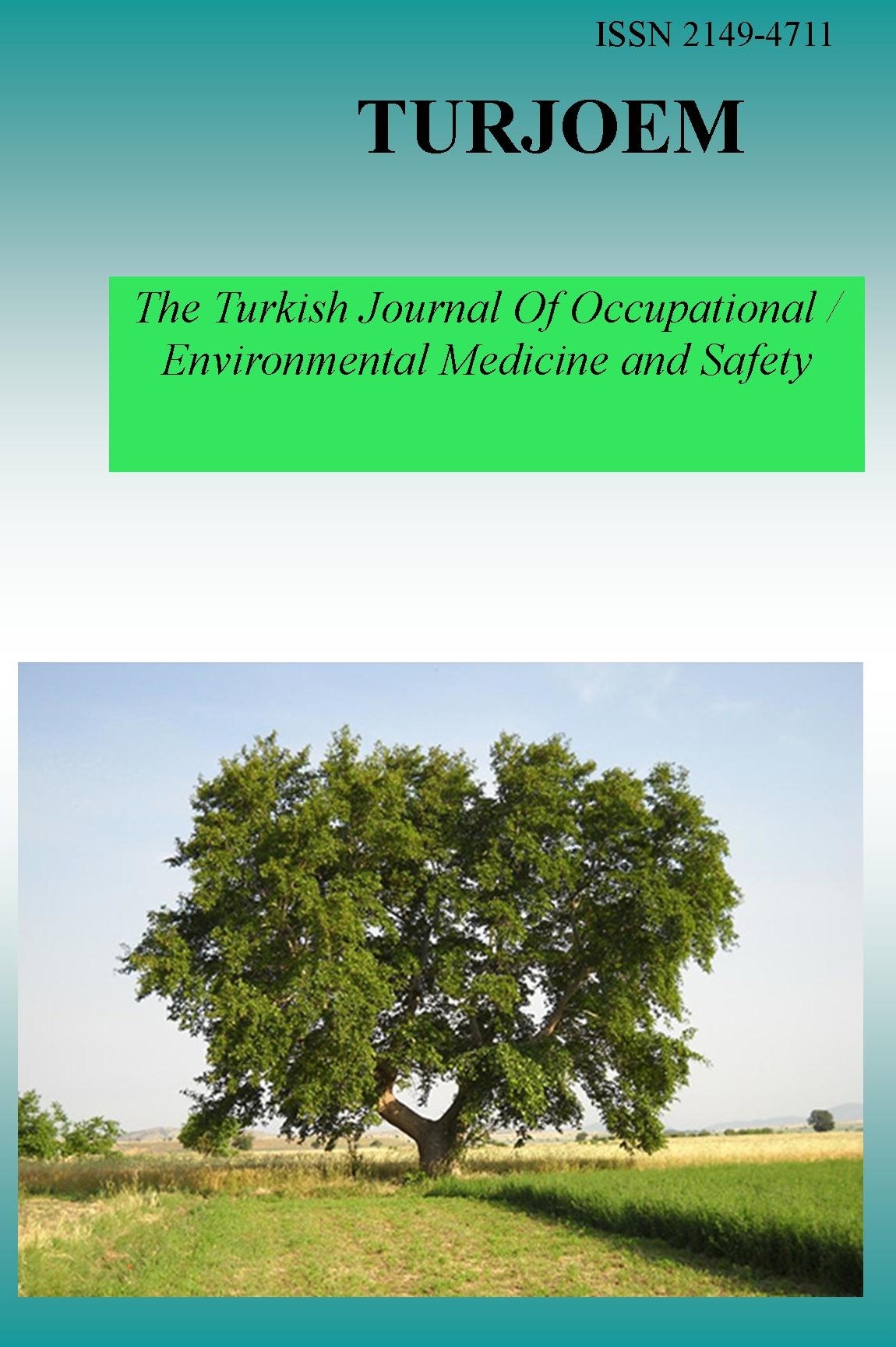PHTHALATES TOXICITY AND ITS DETERMİNATION METHODS IN BIOLOGICAL AND ENVIRONMENTAL SAMPLES
PHTHALATES TOXICITY AND ITS DETERMİNATION METHODS IN BIOLOGICAL AND ENVIRONMENTAL SAMPLES
PHTHALATES TOXICITY AND ITS DETERMİNATION METHODS IN BIOLOGICAL AND ENVIRONMENTAL SAMPLES,
___
- Emrah DURAL
- Cumhuriyet University, Faculty of Pharmacy, Department of Pharmaceutical Toxicology, Sivas, Turkey
- ISSN: 2149-4711
- Başlangıç: 2015
- Yayıncı: Engin TUTKUN
IMPORTANCE OF GENETIC SUSCEPTIBILITY TO METAL POISONING IN FORENSIC TOXICOLOGY
Tülin SÖYLEMEZOĞLU, Zeliha KAYAALTI
MOLECULAR AUTOPSY: GENERAL OVERVIEW AND APPLICATION
DETERMINATION OF Cu (COPPER) AND Fe (IRON) CONTENT IN SELECTED GREEN LEAFY VEGETABLES
Bahareh GHASEMI, Ali Akbar MALEKIRAD, Habibollah NAZEM, Mohammad FAZILATI, Hosein S ALAVATI
DOES FIPRONIL HAS THE NEUROTOXIC EFFECT ON NEUROBLASTOMA SH-SY5Y CELL LINE?
Özge Nur KANAT, Güldeniz SELMANOĞLU
THE RESTORATIVE EFFECT OF ASCORBIC ACID ON LIVER INJURY INDUCED BY ASYMMETRIC DIMETHYLARGININE
Ali OKUYUCU, Osman ŞALIŞ, Ömer ALICI, Abdullah GÜVENLİ, Yüksel TERZİ, Muhammed Emin KELEŞ, Fatih İLKAYA, İbrahim GÖREN, Hasan ALAÇAM
ESTIMATION OF THE MEASUREMENT UNCERTAINTY OF DIGOXIN
P. BARAN, C. BAL, S. TURHAN, O. ŞEN, O. EREL
Mehmet Kadir ERDOĞAN, Lütfi BEHÇET
Cevat NISBET, Ahmet GULER, Yuksel ARDALI, Selim BIYIK
COMPARISONS OF MIRTAZAPINE DETERMINATION METHODS WITH HIGH-PERFORMANCE LIQUID CHROMATOGRAPHY
